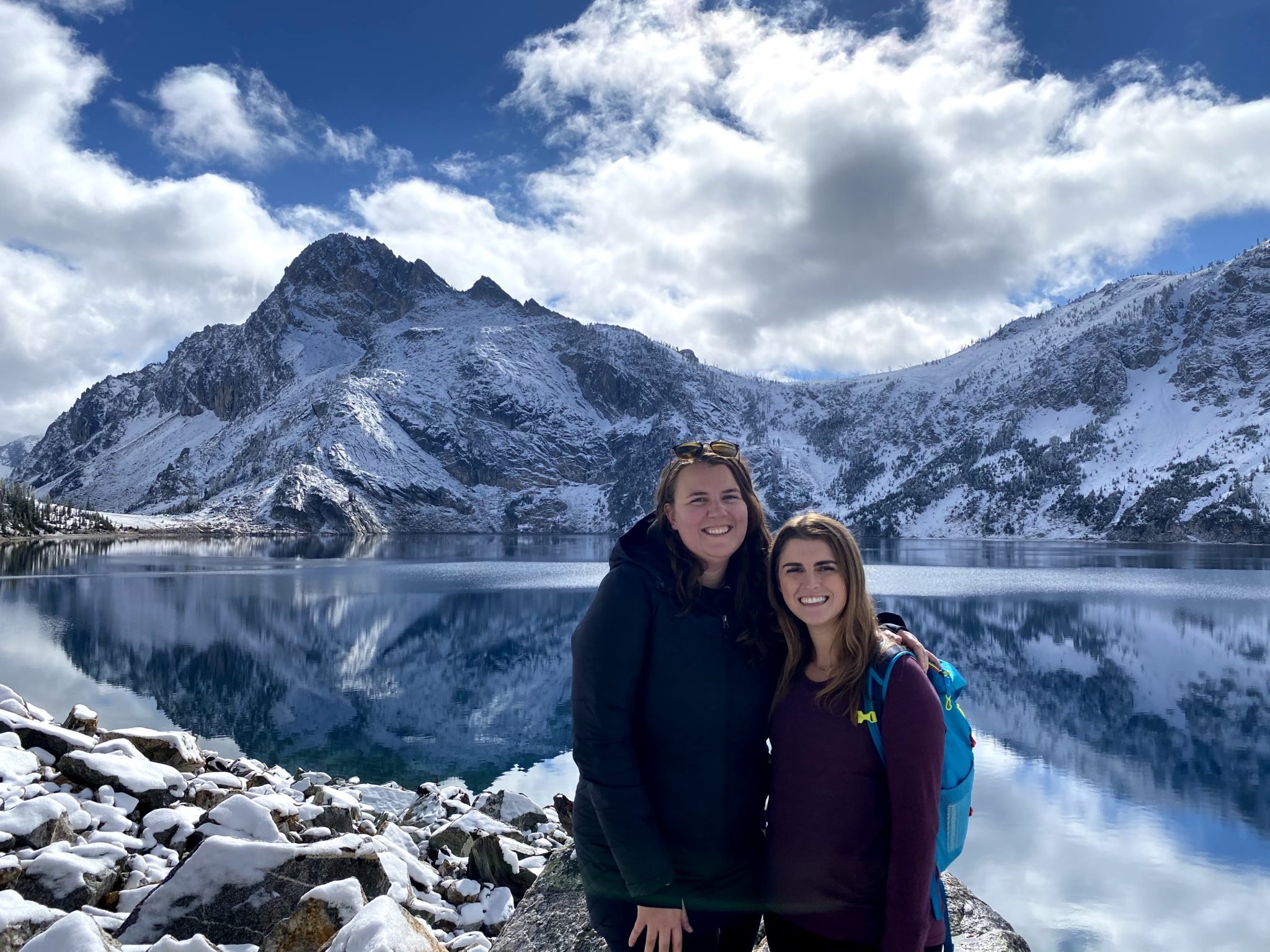
Maintaining Healthy Habits While Working as a Travel PT
One of my biggest concerns about traveling before I started was that I would lose track of some of the healthy habits I had developed since finishing graduate school and reached a point where I feel decent at adulting. I just figured this out, and how would it feel to be displaced? Well, I have learned a few hard lessons, but in many ways, I feel like my routines and healthy habits are in as good a shape as they have ever been!
Here are a few things that have helped me maintain healthy habits since starting my travel career.
1. Choose a Living Situation That Supports Your Lifestyle
For me, this has meant finding a room in a house with other folks, but for you, it might mean finding your own place. What makes you feel at home and comfortable in your space? Do you want to come home to others, or would you rather have your own space? What other elements are important to you?
2. Having Access to a Fully Supplied Kitchen
A kitchen already outfitted with cooking utensils is one of the most important aspects of maintaining healthy habits away from home. Living with roommates has meant we have most of the standard kitchen utensils, but finding a furnished apartment with a full kitchen could also work.
3. Weekly Meal Prep
I usually meal prep on Sundays and do a bit more on Thursdays some weeks. I bought my own set of lunch-sized containers to easily organize and store my food throughout the week. I also brought one new cookbook on this assignment to choose something I am excited about each week without diving into a cooking blog wormhole looking for the best recipe. Bringing my lunch has allowed me to eat healthily and avoid spending time and money going out to lunch each day.
4. Be Intentional With How You Spend Your Money
Financial health is an essential part of a healthy lifestyle. As a contract employee, having intentional goals for your income is important. Since starting, my goals have been to increase my emergency savings, max out my HSA for the year, and invest in my 401k. I am also setting aside some money in a high-interest savings account.
I will decide later this year to either pay off one of my higher-interest student loans or put it toward a house project, having a baby, or going on vacation. To work toward these goals, I have kept my expenses low by living with people, meal prepping, and choosing placements in cities with relatively low living costs.
5. Prioritize Physical Fitness
One expense that I have prioritized is a gym membership. I found a two-week trial membership that I can roll into a monthly membership. It is also worth asking gyms if they have a membership option for healthcare providers or for the length of your contract to minimize sign-up fees.
Other resources I have used while traveling include AllTrails to find hiking trails, Facebook groups for finding people to get outside with, and asking friends for local connections.
6. Meditate for Mental Health
Meditation is somewhat new to me but has been a great thread through my last year for my mental health. I set a timer for 10 minutes every morning and try to let go of my thoughts. I learned a lot from reading “First, We Make the Beast Beautiful” by Sarah Wilson.
7. Stay Connected
Finally, staying in touch with and connected to friends is important, as traveling can sometimes feel lonely. I have a commute in my current position and use this time to call friends.
These are just some things I have done to prioritize my health and help me feel stable in a new situation. When I started traveling, I was looking for new skills and environments at work. And, perhaps different than many, I wasn’t necessarily looking to see the country or experience many adventures. I am a homebody and have been finding ways to bring that to travel!
Latest News
How to have the Best Travel Contract Experience
Being a traveling healthcare professional means having the incredible opportunity to explore new places, get to know new people, and enjoy things you haven’t experienced before.
How to Spend Your Weekends on Assignment in Atlanta
You landed an allied contract in Atlanta, congratulations! With the whole city at your fingertips, you may not know where to start when deciding how to spend your weekends.
Maintaining Healthy Habits While Working as a Travel PT
Finally, staying in touch with and connected to friends is important, as traveling can sometimes feel lonely.
A Traveler’s Guide to Palm Springs, CA
I could live here for the rest of my life and still not have tried every restaurant in the valley because it has SO much to offer.
Advice For First Time Travel Nurses
Securing the ideal travel assignment requires a significant amount of effort and consideration.
The Healthcare Professional’s Guide to Northern California
There’s no better state for healthcare professionals than The Golden State; California truly has it all!
The Healthcare Professional's Guide to Washington, D.C.
Famous for its monuments, museums, and rich history, Washington, D.C. is also a mecca for healthcare professionals.
The Healthcare Professional's Guide to Richmond
One of America’s oldest major cities, Richmond offers a combination of rich history and modern-day amenities.








